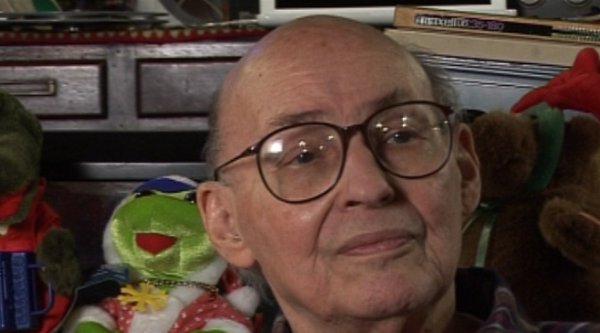NEXT STORY

My early methods for testing neural networks
RELATED STORIES

NEXT STORY

My early methods for testing neural networks
RELATED STORIES


|
Views | Duration | |
|---|---|---|---|
| 21. A short history of neural networks | 1565 | 02:30 | |
| 22. How I became interested in neural networks | 1 | 1312 | 01:53 |
| 23. My early methods for testing neural networks | 1120 | 02:10 | |
| 24. My PhD thesis on learning machines | 1264 | 01:06 | |
| 25. John Nash solves my PhD problem | 1935 | 01:48 | |
| 26. Why I changed from bottom-up to top-down thinking | 2 | 2641 | 02:39 |
| 27. The end of my PhD on learning machines | 1261 | 04:24 | |
| 28. My first encounter with a computer | 1 | 1078 | 01:56 |
| 29. Writing a program for Russell Kirsch's SEAC | 960 | 01:54 | |
| 30. The first timeshared computer | 929 | 01:03 |

